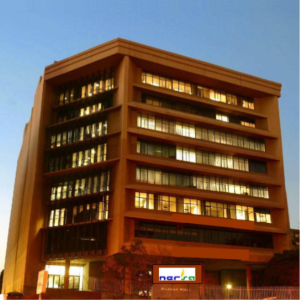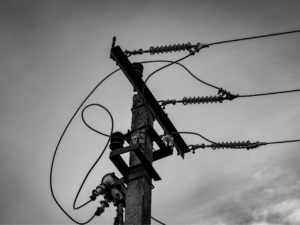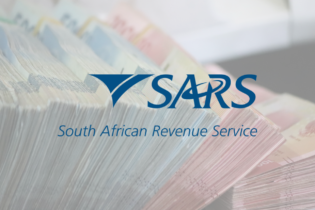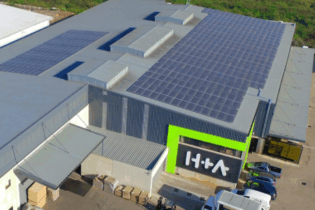2023 Represented a low-water mark in South Africa’s electricity production story. The country experienced over 6,800 hours of loadshedding, much of it at stage 6 – which saw South Africans go without power for up to 12 hours or more a day. What is positively startling is how different 2024 has been.
As of late September 2024, South Africa had not experienced loadshedding since 26 March 2024. Scepticism that the pause in loadshedding was related to the May general election soon ebbed away.
South Africans have become increasingly comfortable since March, with the steadily growing public perception being that loadshedding is behind us. Additional capacity has been added to the grid through a mixture of increased and improved Eskom capacity, rooftop solar and other sources of reliable base power, with government and business seemingly speaking with one voice. While the positivity and optimism is refreshing, it may be misplaced, even if well-intentioned. Government, Eskom and business have continued to emphasise that South Africa is not yet free of loadshedding. As noted by President Cyril Ramaphosa, the electricity system is still vulnerable, with the supply gap between available and needed power remaining tight. Furthermore, similar to the water infrastructure challenges that have escalated in Johannesburg recently, while sufficient energy may be available, infrastructure (particularly at a municipal level) continues to bedevil electricity supply through a lack of maintenance, theft, and poor service delivery. It is encouraging that many businesses remain vigilant as they proactively seek ways to mitigate loadshedding if it is ever to return. One way some have sought to protect themselves is through attaining a loadshedding exemption. It is understandably an attractive option. In principle, a loadshedding exemption negates the need to purchase expensive back-up generators or solar power infrastructure. However, to accrue the full benefit of a loadshedding exemption and avoid its pitfalls, it is vital to understand the regulatory framework governing loadshedding and on what basis certain electricity users or customers can be exempt from loadshedding.Nersa’s Code of Practice for loadshedding

Nersa offices
- the customer’s participation in a demand response programme (ie the customer and the electricity utility have agreed that the customer will give up a portion of their load for payment, and for the purpose of load reduction);
- the customer being categorised as a ‘critical load’, meaning that interruptions to its electricity supply must be avoided, otherwise this will negatively impact on health, safety, the environment, public infrastructure and the economy, as a few examples;
- the customer implements load curtailment measures through discipline, smart metering technology or load switches; or
- the customer is an independent power producer.
- hospitals and other public health establishments;
- public schools; and
- the South African Police Service and police stations.
Risk factors relating to loadshedding exemptions
Customers who possess a loadshedding exemption are advised to confirm that the party that issued the exemption has the requisite authority to do so. The party issuing the exemption must be the holder of a valid Nersa licence to supply or distribute electricity. While Nersa has delegated the authority to grant exemptions to licensees, Nersa holds the overall responsibility for exemptions. This is where customers who have a loadshedding exemption may face difficulties. According to section 4.4.2.7 of the Code of Practice, if a loadshedding exemption is audited or questioned, Nersa must step in to investigate, and either confirm the exemption or reject it. In such cases, Nersa’s decision is driven by a set of factors listed in section 4.4 of the Code of Practice which include:- protection of critical and essential loads;
- loadshedding schedule availability;
- loadshedding schedule nature;
- declaration of a system emergency;
- the minimal level of impact on customers;
- predictability and advance warning of load reduction; and
- customer load reduction participation.







